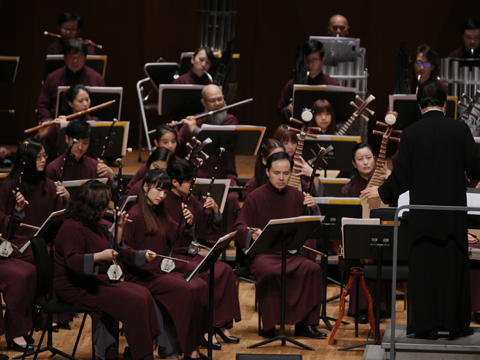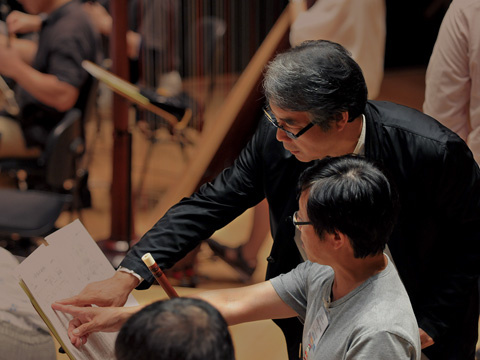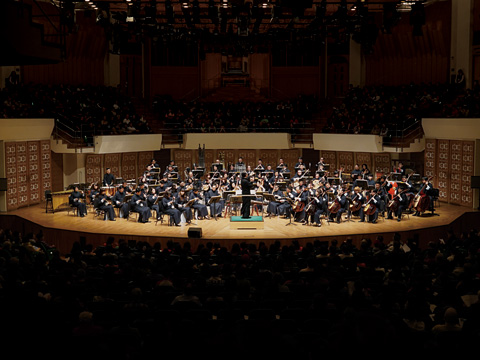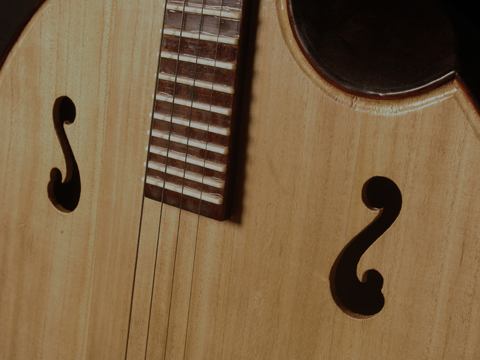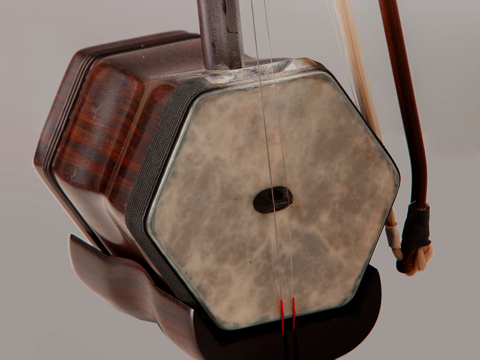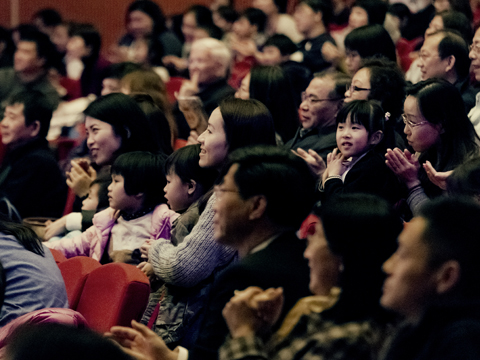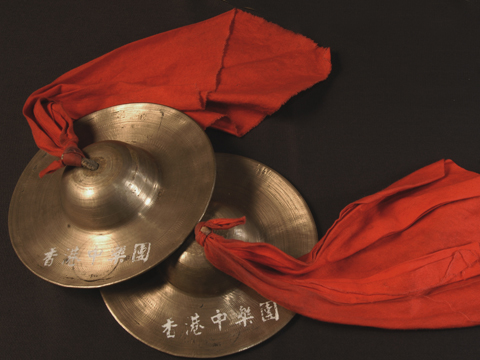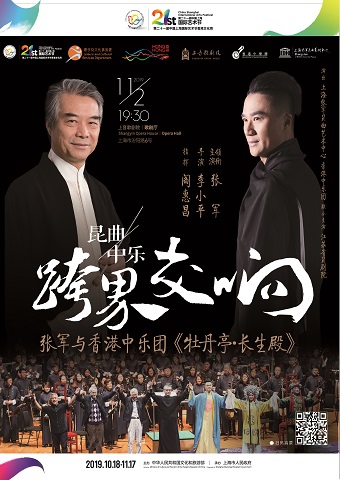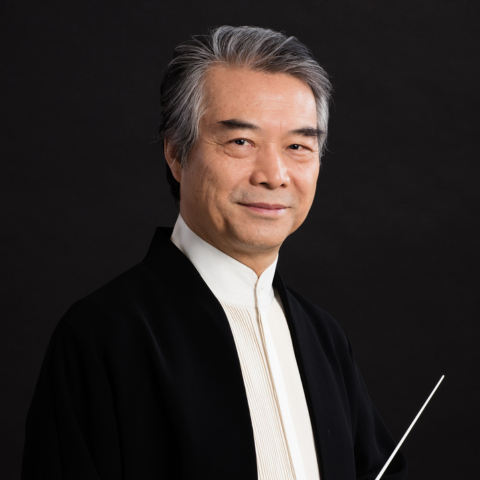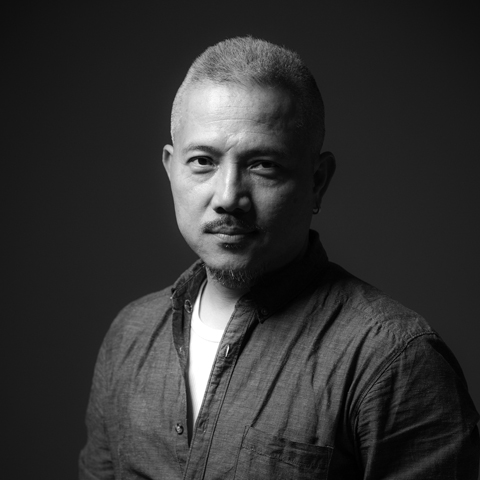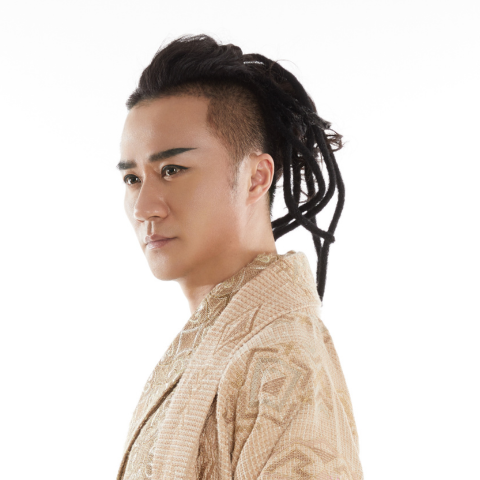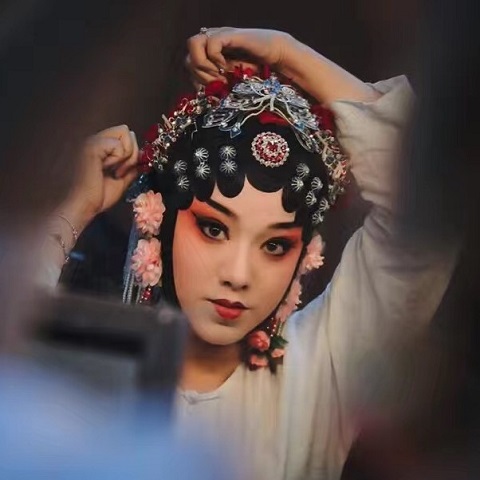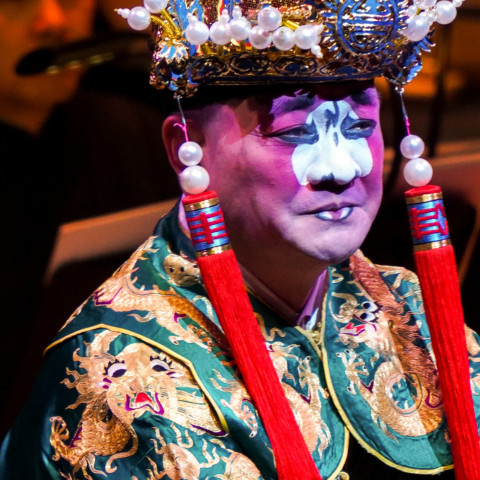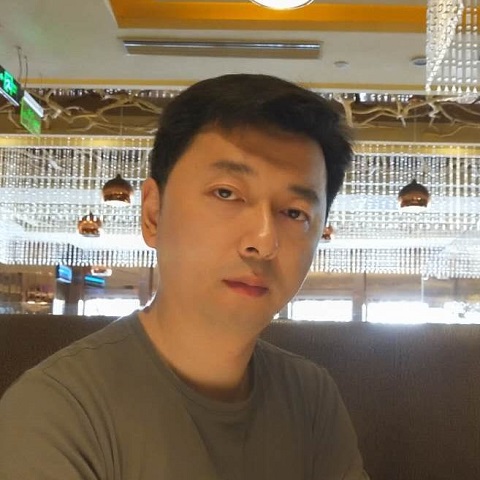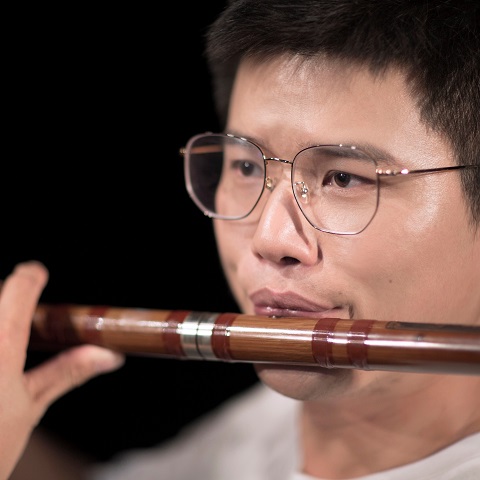'Peony Pavilion and The Palace of Eternal Life'
by Zhang Jun and Hong Kong Chinese Orchestra
Kunqu x Chinese orchestral music
Date and Time
2/11/2019 (Sat) 7:30pm
Venue
Opera Hall, Shangyin Opera House
Ticket Fee
¥880,¥480,¥380,¥280,¥180,¥80
Conductor
Yan Huichang
Performed by
Director: Lee Hsiao-Pin
Narrator: Zhang Jun
Lady Yang, the Imperial Concubine: Xu Sijia
Gao Lishi: Li Hongliang
On the Drum: Shan Lili
Dizi: Chen Huidong
Narrator: Zhang Jun
Lady Yang, the Imperial Concubine: Xu Sijia
Gao Lishi: Li Hongliang
On the Drum: Shan Lili
Dizi: Chen Huidong
Remark
Approx 1 hr 40 mins incl an iterval
Ticketing:
https://piao.damai.cn/179481.html?spm=a2oeg.search_category.0.0.74b52e2dwUEwln&&clicktitle=%E6%98%86%E6%9B%B2%E4%B8%8E%E4%B8%AD%E4%B9%90%E7%9A%84%E8%B7%A8%E7%95%8C%E4%BA%A4%E5%93%8D%E3%80%8A%E7%89%A1%E4%B8%B9%E4%BA%AD%C2%B7%E9%95%BF%E7%94%9F%E6%AE%BF%E3%80%8B
Ticketing:
https://piao.damai.cn/179481.html?spm=a2oeg.search_category.0.0.74b52e2dwUEwln&&clicktitle=%E6%98%86%E6%9B%B2%E4%B8%8E%E4%B8%AD%E4%B9%90%E7%9A%84%E8%B7%A8%E7%95%8C%E4%BA%A4%E5%93%8D%E3%80%8A%E7%89%A1%E4%B8%B9%E4%BA%AD%C2%B7%E9%95%BF%E7%94%9F%E6%AE%BF%E3%80%8B

